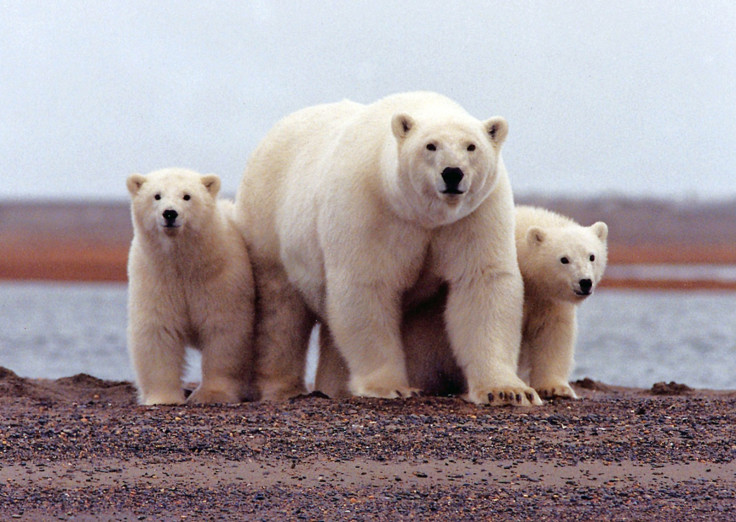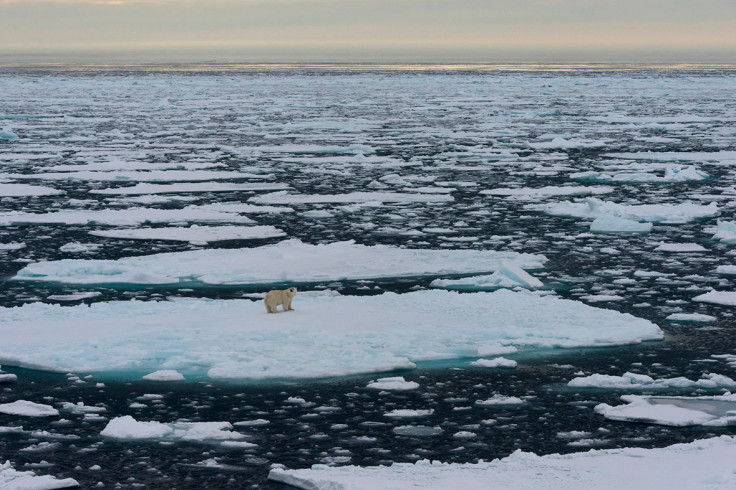Polar bears foraging on land for food 'will not make up for sea ice losses'

Polar bears cannot sustain their diets with food found foraging on land as sea ice continues to retreat, a study has found.
Polar bears are increasingly being forced to shore because of sea ice losses, but terrestrial foods like berries, birds and eggs cannot provide the nutritional requirements their lipid-rich seal prey provides.
Published in the journal Frontiers in Ecology and the Environment, scientists from the US Geological Survey said any gains from foraging cannot compensate for the loss of seas – so cannot be a long-term solution for their survival.
Karyn Rode, lead author of the study, said: "Although some polar bears may eat terrestrial foods, there is no evidence the behaviour is widespread. In the regions where terrestrial feeding by polar bears has been documented, polar bear body condition and survival rates have declined."
Researchers found that less than 30 polar bears were observed consuming bird eggs in any single population – despite the widespread publicity about them doing so: "However, this behaviour is not yet common, and is unlikely to have population-level impacts on trends in body condition and survival," she said.
Speaking to IBTimes UK, Rode noted that some of the 19 polar bear populations are spending more time on land and the question they were trying to answer was what does this mean.

"In recent years, there's been more and more observations of terrestrial foraging and feeding showing up in literature. Our review was looking at what do we know about changes that have occurred? Are they eating more than they used to?
"The conclusion was that there isn't very good evidence to suggest that they're feeding more on terrestrial foods than they have in the past. They're eating some things but its not contributing enough at a population level – even for an individual population. The contribution of terrestrial foods when they're on shore is not enough to offset the effects of sea ice loss."
She said that while the results appear to spell doom and gloom for polar bears, this is not necessarily the case. There has not been a decline in body conditions for some populations that have experienced sea ice loss, and other factors will come into play, she said.
"There's been a lot of focus on terrestrial feeding as a solution for polar bears. What we're saying is that particular behaviour is probably not the solution.
"There could be others – I'm optimistic. We're just saying that particular mechanism, bears eating more terrestrial food – it has a lot of limitations. It's not going to be sufficient given the degree of sea ice loss and the quality of food they're missing out on that they normally get on the ice."
© Copyright IBTimes 2025. All rights reserved.






















